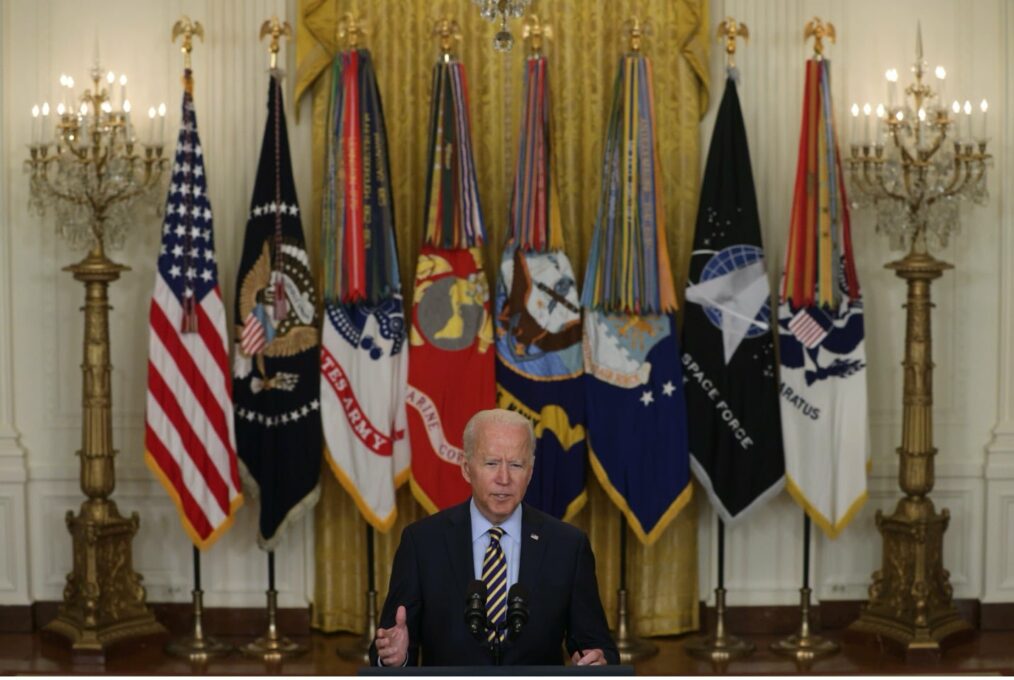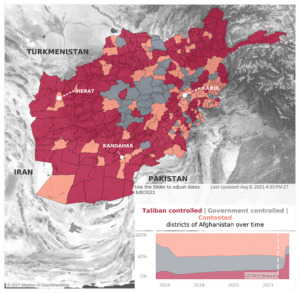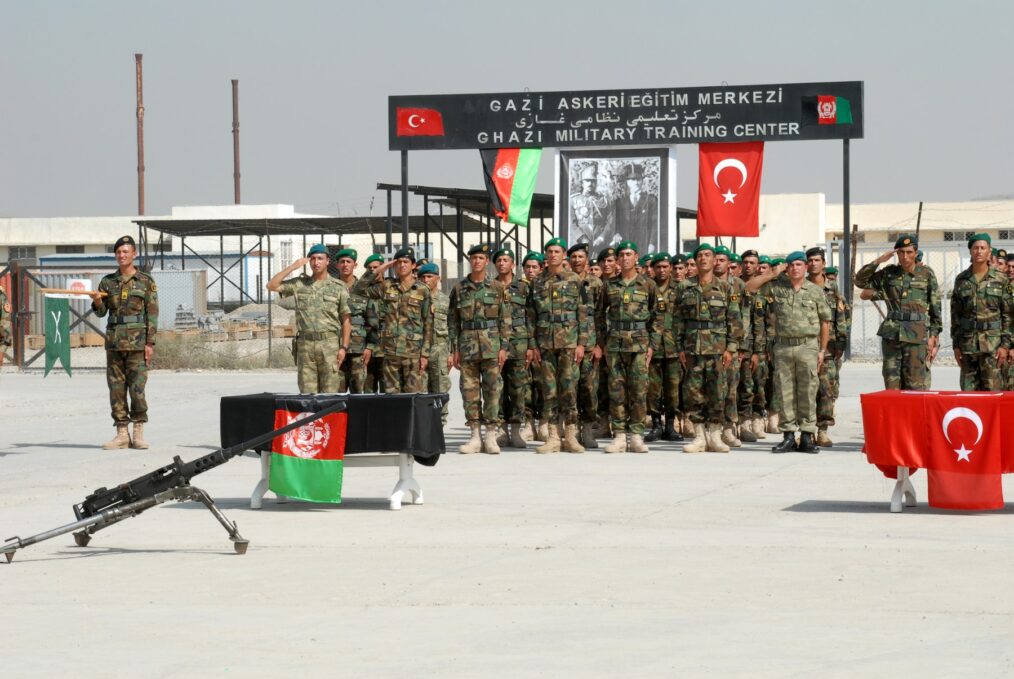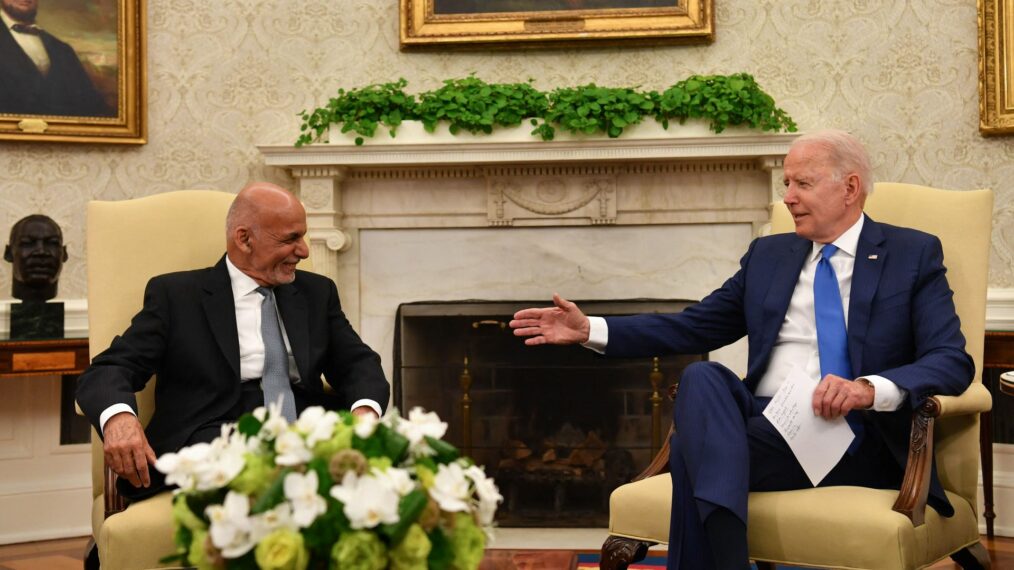On October 7th, 2001, former president George W. Bush launched the war in Afghanistan, following the 9/11 attacks. 20 years later, current President Joe Biden says, “it’s time to end America’s longest war,” as he announced that the United States is pushing for a full withdrawal of troops by September 11, 2021. The 3,500 troops remaining in Afghanistan will be withdrawn, regardless of whether progress is made in intra-Afghan peace talks or the Taliban reduces its attacks on Afghan security forces and citizens. NATO troops in Afghanistan will also leave.
Leaders in Washington will continue to assist the Afghan security forces and do all that can be done to support the peace process. However, the Taliban has stated that it will not participate in “any conference” on the future of Afghanistan until all foreign troops leave.
There are very mixed responses to this announcement. This is likely due to the Taliban’s psychological and military momentum in the country. The Taliban is an Islamic fundamentalist group that ruled in Afghanistan from 1996-2001, following the U.S.-led invasion. Since then, it has waged an insurgency against the U.S.-backed government in Kabul. Many experts are concerned that the Taliban is stronger now than ever. They currently control over half of Afghanistan’s districts.
The first direct peace negotiations with the Afghan government began in 2020, signing an agreement with the United States. However, little progress has been made.
Former President Bush called the US troop withdrawal from Afghanistan a mistake and predicted that the consequences, especially for Afghan women and girls, will be “unbelievably bad.” Former Secretary of State, Hilary Clinton has also voiced her concerns about the Taliban regaining control if the US withdraws its troops. She has stated that:
“This is what we call a wicked problem. There are consequences both foreseen and unintended of staying and of leaving. The US government has to focus on two huge consequences: the resumption of activities by extremist groups and a subsequent outpouring of refugees from Afghanistan.”
Clinton furthermore highlighted that the potential collapse of the Afghan government and a possible takeover by the Taliban, could result in a new civil war. On the flip side, Senator Bernie Sanders of Vermont does not think the troops should be there. Former President, Donald Trump, advocated for US troops to return home and subsequently criticized the US military interventions for being costly and ineffective.
When the war began in 2001, the public largely supported it. In early 2002, 93%, a record high, of Americans supported the war. As time went on and troops remained, majorities continued to hold these beliefs between 2004 and 2013. Then for the first time in 2014, an equal amount of people believed that it was a mistake. More and more people began believing that it was a mistake and the war made the US less safe. In 2021, 47% say U.S. military involvement was a mistake; 46% say it was not. From a political party standpoint, the recent polls show that 56% of Democrats and 29% of Republicans now say it was a mistake.
There is no military path to victory and peace talks are believed to be the best way to resolve the insurgency. Many U.S. security experts remain concerned that under the Taliban’s rule, Afghanistan would remain a safe haven for terrorists, who could launch attacks against the United States and its allies.
In its 2021 report, the United Nations team that monitors the Taliban has gathered significant data. This has demonstrated that the group still has strong ties with al-Qaeda. The Taliban continues to provide al-Qaeda with protection in exchange for resources and training. Between 200-500 al-Qaeda fighters are believed to be in Afghanistan, and its leaders are believed to be based in regions along the Afghanistan-Pakistan border.
Biden is optimistic that the withdrawal will be completed by the 20th anniversary of the 9/11 attacks. The current United States Secretary of State, Antony Blinken, said the Biden administration was “very focused on a deliberate, safe and orderly” withdrawal of troops, but that the US would continue to assist the Afghan government. “Even as our forces are pulling out of Afghanistan, we are not withdrawing – we are not disengaging.” Also adding that if US troops were attacked before leaving the country, “decisive action” would be taken.
Biden and those who support the drawdown made this decision based on the U.S. accomplishing its main goals in Afghanistan: finding the terrorists who orchestrated the 9/11 attacks, killing Osama bin Laden and trying to limit the country’s base of operations for terrorists. Nation-building was not part of the original strategy, and this is a war that has dragged on for too long, costing the U.S. far too many lives and money.






